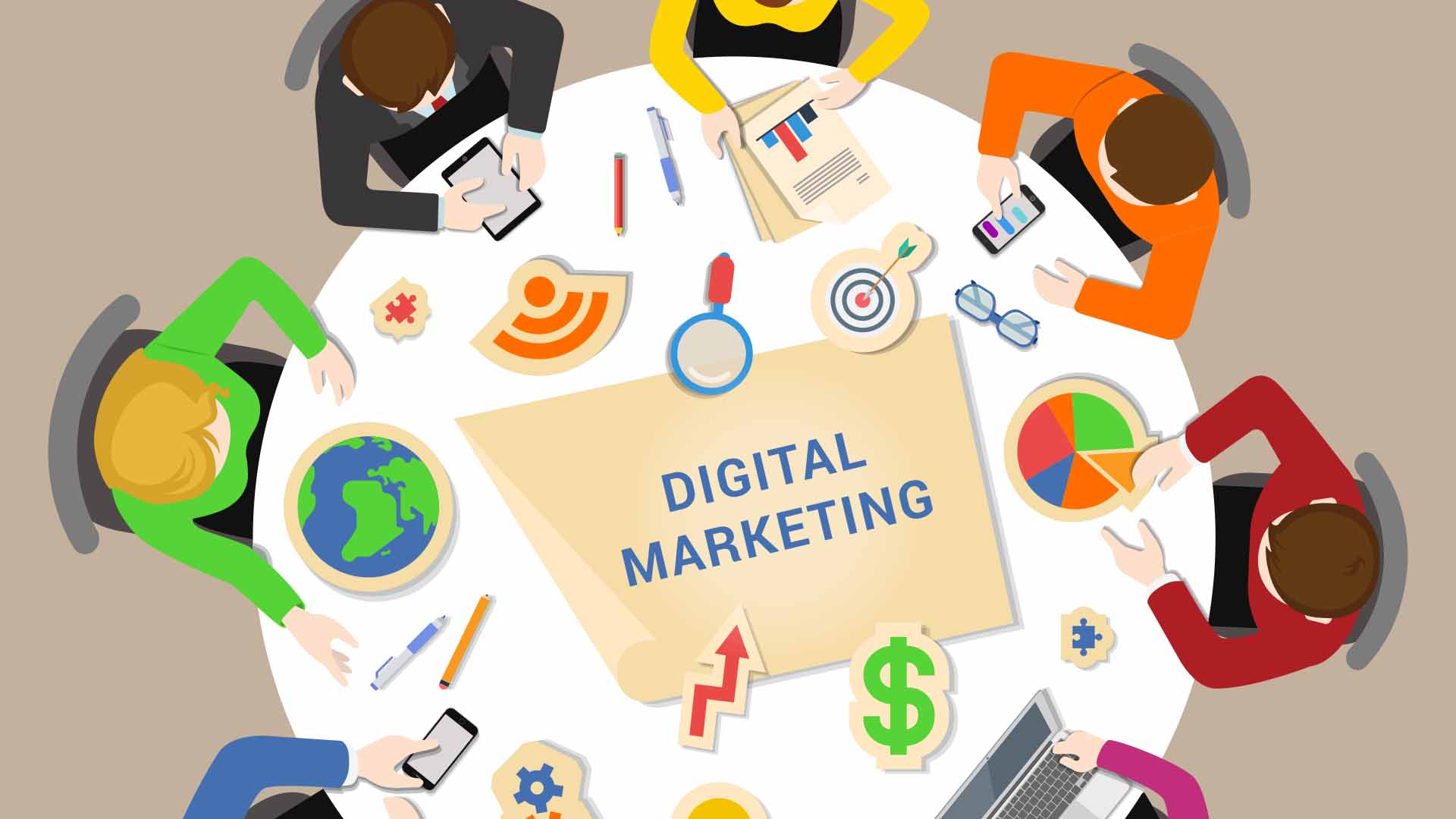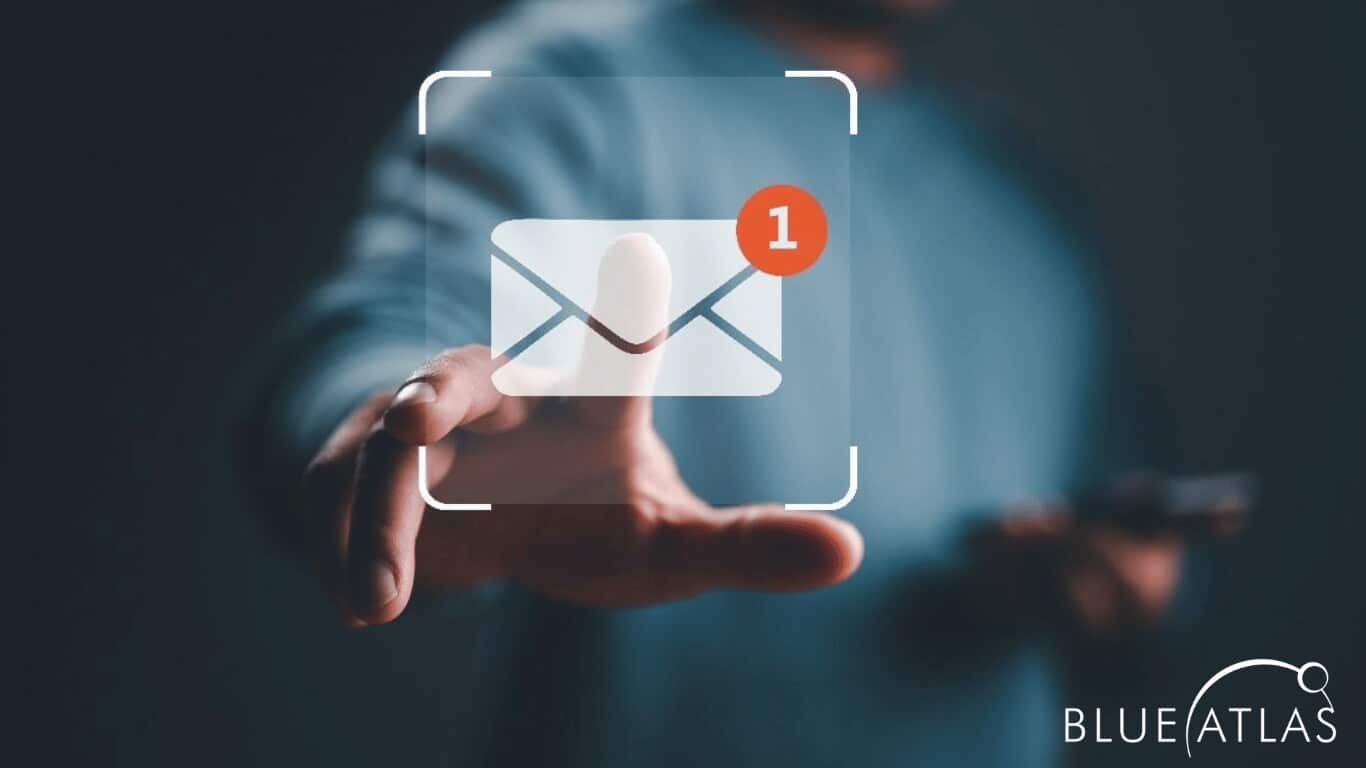Best Strategies for B2B Marketing for Tech Companies

This year already promises unique challenges and opportunities for B2B marketing tech companies. For example, OpenAI, the application and use of ChatGPT, has enabled marketers to create content much faster. Generative Artificial Intelligence (AI) is anticipated to be one of the most interesting technological innovations in 2024, with breakthroughs and sweeping changes in many industries.
If your company is within the technology space, beyond creating an incredible and impactful product or service, delivery and how you sell it is crucial ahead of a competitive landscape.
Your 2024 marketing strategy will inform your executives and investors which moves might impact the buyer’s decisions. It’s important to consider the top digital marketing trends for tech and find B2B marketing tips for this year, as you explore the best strategies for B2B marketing tailored specifically for tech companies.
Types of B2B Tech Companies
Before diving into the strategies, it’s essential to understand the diverse landscape of B2B tech companies. Technology companies can be categorized based on their products or services, such as SaaS (Software as a Service), hardware, Software, IT consulting, and more. Understanding the specific nature of a tech company is crucial for developing effective marketing strategies. Here’s our take for 2024.
Best Strategies: B2B Marketing for Tech Companies
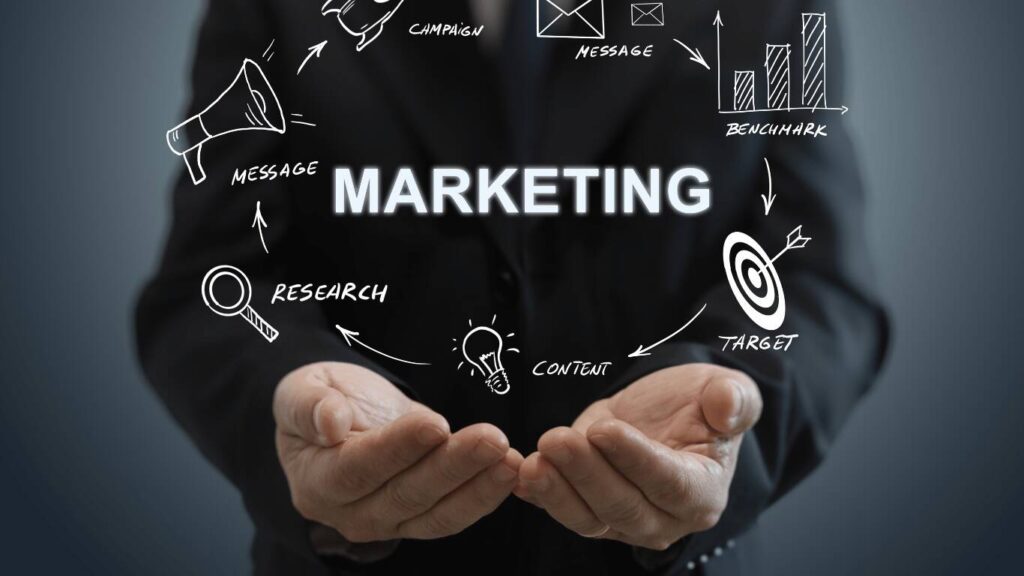
Using AI to create data-driven Content Marketing
With greater demand for AI in marketing in 2024, new technologies and tools are now available to reshape how you market today. Tech Businesses leveraging AI’s capabilities will have a clear competitive advantage.
The technology has the potential to not only lower costs and increase operational efficiency but also provide businesses with invaluable insights into the complex relationships between market dynamics and customer behavior. These insights will help businesses make data-driven strategic approaches and generate data-driven, valuable, and informative content.
As 2024 sweeps in, video marketing continues to be a powerhouse for B2B brands to connect with consumers. In 2024, we can expect an increase in AI-generated video content, from personalized product recommendations to dynamically generated ads.
It’s debatable if this will be fruitful; however, as you create video content, it is important to note interactive videos have been gaining traction due to Instagram reels and TikTok clips. This has drastically reduced passive consumption, so it is important to counteract this by integrating short-form videos. Attention spans are shrinking, and marketers must deliver their message quickly and creatively.
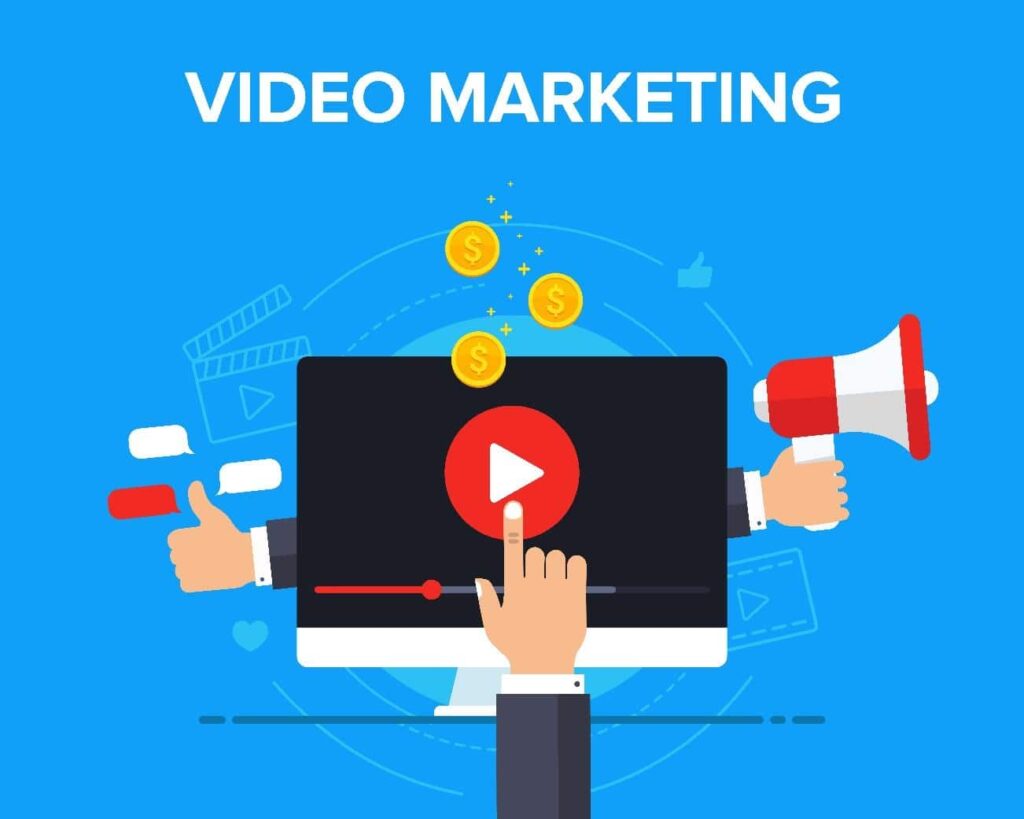
To succeed, tech companies should focus on producing targeted valuable content in the form of white papers, case studies, blog posts, and videos that address the pain points of their target audience.
Beyond using AI, consider Account-Based Marketing (ABM) as a targeted approach focusing on high-value accounts. Identify key decision-makers within these accounts and create personalized campaigns to address their needs. ABM is particularly effective in the B2B tech sector where the sales cycle involves multiple stakeholders.
Personalized Email Marketing
Email marketing continues to be a powerful tool for B2B tech companies. A little personalization goes a long way, which is why you’ll find this among most tips on email marketing. Building and nurturing email lists through personalized content, newsletters, and targeted campaigns can significantly impact lead generation and customer retention.
In 2024, the goal is to reduce the volume of emails individuals receive while enhancing each email’s relevance, engagement, and overall value. Emphasize segmenting your list of email addresses based on factors like industry, company size, and job title for more effective communication.
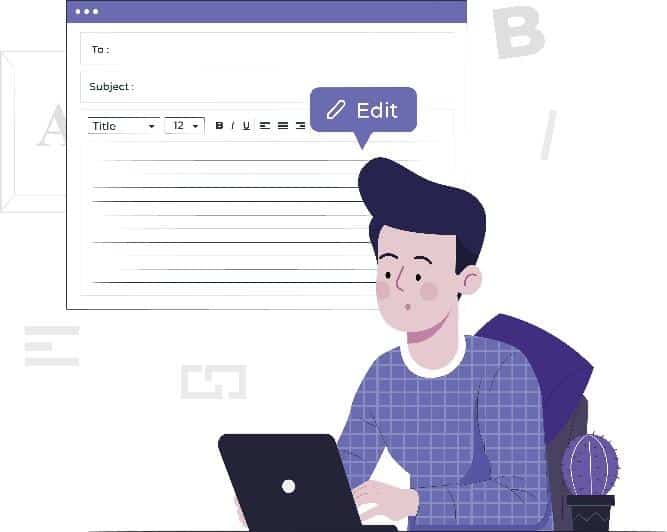
In the face of challenges posed by privacy concerns and regulations, Google Chrome will gradually phase out third-party cookies starting January 4th, 2024. This is in an effort to create “less spam” inboxes.
Business inboxes could be next. It’s time to think about achieving business goals without constantly flooding inboxes with generic emails. Adopting a personalized email strategy will set you up for success.
Ensure you have segmented your audience to ensure your emails are relevant and give information to the right people at the right time, paying attention to the subject line. These tips for B2B tech marketing will make a difference in your marketing efforts this year.
Choose your Social Media platform wisely
Social media platforms play a crucial role in the B2B tech space. LinkedIn is especially valuable for targeting professionals and decision-makers. Creating a strong social media presence involves sharing industry trends, thought leadership content, and engaging with your audience.
Utilize paid advertising on platforms like LinkedIn and Twitter for targeted reach. You should also consider posting on the top five social media platforms for B2B marketing – LinkedIn, Twitter, Instagram, YouTube, and Facebook. Decision makers spend their time scrolling and searching for personal and professional solutions on social media.
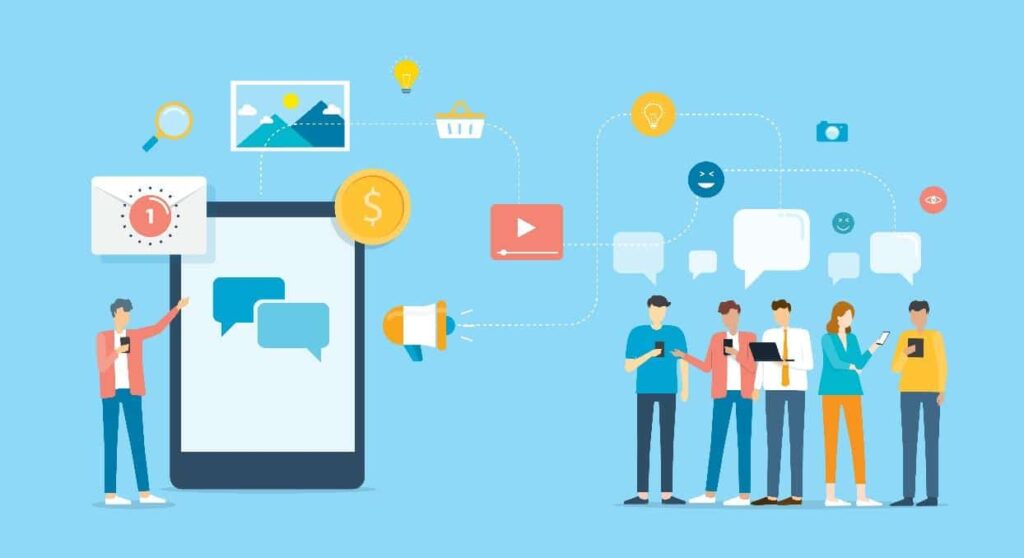
Here are key statistics from 2023 to review as you consider the channels you want to use:
- As of April 2023, the global count of social media users reached 4.8 billion.
- Research from LinkedIn indicates that 75% of B2B buyers use social media in purchasing decisions.
- Businesses engaging in social selling, as per LinkedIn data, surpass non-engaging counterparts by 78% in performance.
- Professionals in Marketing and Sales with a robust social selling index on LinkedIn enjoy 45% more sales opportunities than those without. According to data from the social media platform, audiences exposed to brand messages on LinkedIn exhibit a sixfold increase in conversion rates.
For B2B marketers, it’s advisable to focus on LinkedIn and Facebook, which are recognized as the two most efficacious social media platforms for connecting with new prospects. These platforms have over 65 million business decision-makers, offering valuable channels for diversifying your outreach efforts.
Search Engine Optimization (SEO)
How will Google’s Search Generative Experience (SGE) affect marketing in 2024? Google AI has enhanced its algorithm in several important ways:
- Google has made significant strides in understanding the underlying intent, meaning, and context behind search queries, even when the query is phrased in an ambiguous, conversational, or complex manner.
- Google is providing more personalized results tailored to individual users.
- The new search algorithm can now better interpret content’s context, sentiment, and semantics, allowing it to more accurately analyze the relevance and quality of information included in web content.

Optimizing your landing page or website for search engines will be crucial for B2B tech companies in 2024. Conduct thorough keyword research to understand what your target audience is searching for and what is the best way to communicate and be discoverable.
Create valuable and shareable content that aligns with these keywords. One of the best practices is to regularly update and optimize your website to improve search engine rankings and drive organic traffic.
Cutting through the Influencer Marketing noise
The B2B influencer marketing space is full of excitement and potential collaborations with influences. However, how will you cut through the noise and make people pay attention? Let’s explore an American Express campaign as an example.
The #LoveMyStore campaign highlighted small businesses and their owners. They asked the owners to speak about the importance of accepting credit cards with a focus on Amex and how this increased customer walk-in. The store owners amplified American Express.
Identify thought leaders and influencers relevant to your niche and engage them for partnerships. Their endorsement and expertise can provide credibility and widen your audience.
Incorporate Paid Advertising
As Google Ads releases more AI-powered features, Pay-Per-Click (PPC) advertising will continuously have greater results for targeted campaigns. Use platforms like Google Ads to create ads that appear when potential customers search for relevant keywords. Monitor and optimize your PPC campaigns regularly to ensure a high return on investment.
Advertising platforms incorporate AI into the process of audience segmentation, such as Facebook with its “Advantage+” audience, which is essentially finding the right segmentation for you through AI. This means ads can be displayed to users who are more likely to convert, similar to how the automated bid strategies work now.
Humanize your marketing strategy
In the tech industry, where products can be complex, emphasizing the human element in your marketing is crucial. Highlight the people behind the technology, there’s no better ambassador for your brand than the people that actually work there.
Two tips you can incorporate:
1. Embed your product into the company culture, when your employees’ influence is strong, you’ve got an inbuilt influencer marketing strategy all year round.
2. Create a personalized experience. Small businesses have an advantage in this area. Because many have recognizable founders and a limited number of team members, they often find it easier to deliver that personal experience. However, each communication must cultivate this to create meaningful connections with target audiences.
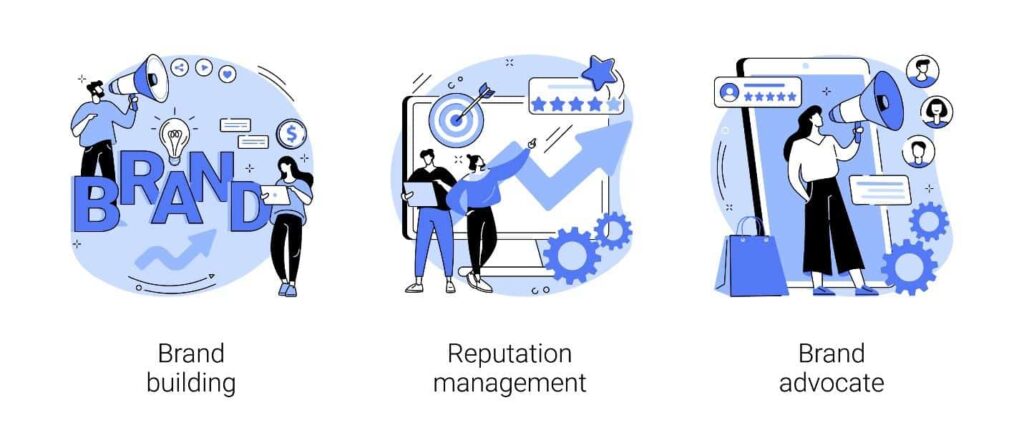
How to Implement Marketing Strategies for Your Tech Company?

Understand & Segment Your Target Audience
A successful B2B tech marketing strategy begins with deeply understanding your target audience. Identify the pain points, challenges, and priorities of your potential customers. Consider factors such as company size, industry, and job title when crafting your marketing messages.
Utilize Intent Data
Intent data provides valuable insights into the online behavior of potential buyers. Monitor online activities such as searches, content consumption, and social media engagement to gauge the intent of your target audience. Use this data to tailor your marketing efforts and provide timely solutions.
Create Unique Content
In a saturated market, creating unique and valuable content is essential. Develop content that stands out from the competition, addresses specific industry challenges, and provides actionable insights. Invest in multimedia content such as videos, infographics, and interactive tools to enhance engagement.
Implement Marketing Automation
Marketing automation streamlines repetitive tasks, allowing your team to focus on more strategic activities. Use automation tools to schedule emails, segment your audience, and track customer interactions. Automation also facilitates lead scoring, helping you prioritize high-value leads.
Leverage Industry Trends
Stay abreast of industry trends and incorporate them into your digital marketing strategy. Whether it’s emerging technologies or market dynamics, aligning your content strategy with industry trends positions your company as forward-thinking and innovative.
Focus on short-form videos for your video marketing strategies. Video content continues to dominate with its versatility and ability to present users with a lot of information in a short period.
Even with content and delivery, ensure you stay current on current trends and, select wisely, make data-backed-up decisions. Data from your marketing campaigns will guide you and inform you if your efforts will pay–– use it!
Engage in Performance Marketing
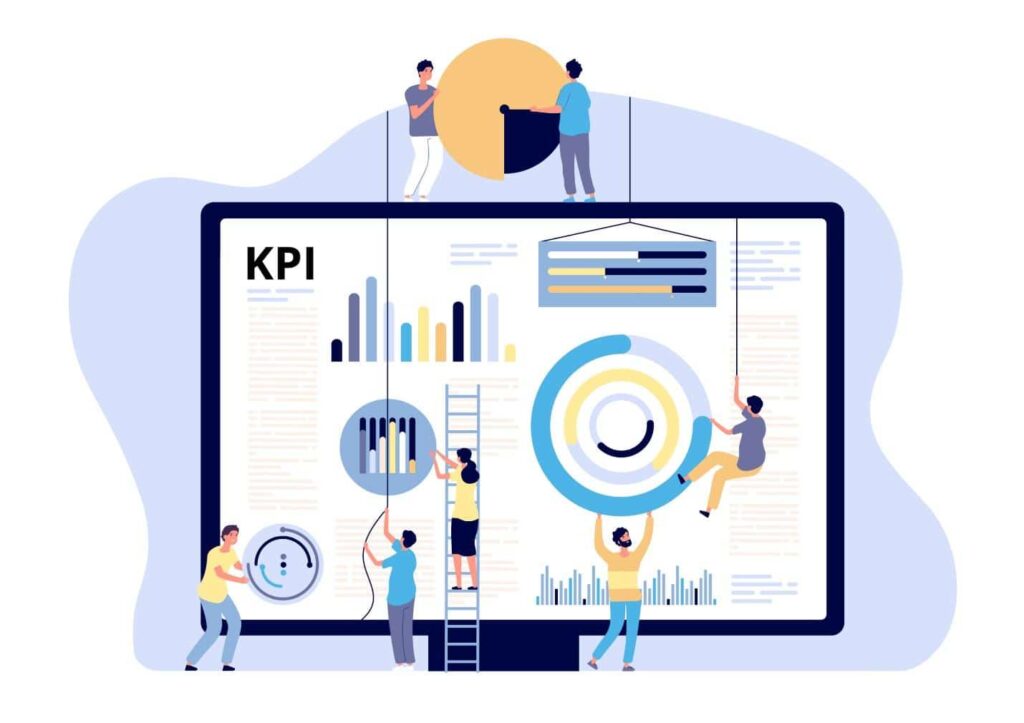
Performance marketing involves closely monitoring and optimizing marketing campaigns based on key performance indicators (KPIs). Track metrics such as conversion, click-through, and customer acquisition costs. Adjust your strategies based on the data to maximize effectiveness.
Utilize Specific Channels
Identify the channels that resonate most with your target audience. If your audience is highly active on LinkedIn, prioritize LinkedIn Ads and content. If they consume much video content, focus on platforms like YouTube. Tailor your approach to the channels that offer the greatest potential for reaching and engaging your audience.
Attend Trade Shows
Participating in industry trade shows allows face-to-face interactions with potential clients and industry professionals. Trade shows also offer a platform to showcase your products, demonstrate expertise, and network with key decision-makers.
Brand Awareness
Building a strong brand is vital for B2B tech companies. Remember the 95-5% rule in marketing. Estimate 5% of potential B2B customers are in-market. Deploy a broad upper-funnel campaign focusing on brand awareness to keep your brand visible to the other 95%.
Focus on creating a consistent brand message across all channels, highlighting your unique value proposition. Leverage advertising platforms like Google Ads to increase visibility and drive targeted traffic. Encourage brand loyalty by delivering exceptional customer experiences.
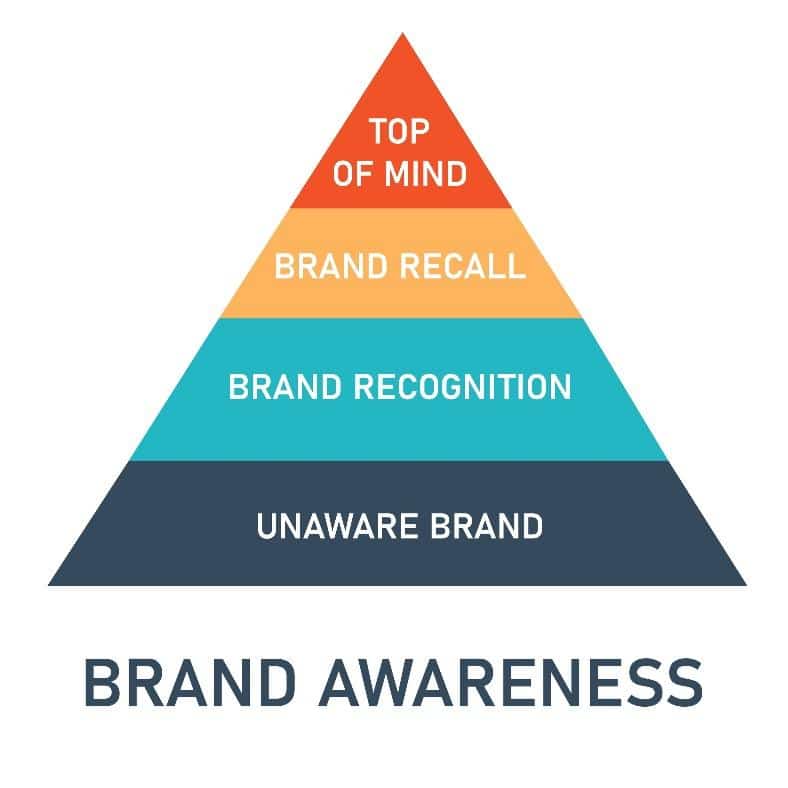
Webinars and Podcasts
Hosting webinars and podcasts is an effective way to engage with your audience in a more interactive format. Today, more companies use podcasts and webinars as growth tools and invite industry influencers as guests. Influencers share the podcast/webinar info with their audience, and you expand your reach.
Incorporating these platforms offers insights into industry trends, hosts discussions with experts, and provides solutions to common challenges. This positions your company as an authority and creates a platform for direct interaction with potential clients.
Key Takeaways
B2B Marketing for tech companies in 2024 requires a strategic plan and adaptive approach. By understanding the unique challenges and opportunities within the tech industry and implementing a mix of content marketing, email marketing, social media marketing strategies, and more, B2B tech companies can position themselves for success.
Stay abreast of industry trends, leverage innovative technologies, and consistently refine your strategies to stay ahead in the dynamic world of technology marketing. Are you looking to grow your B2B Marketing strategy? Work with us at Blue Altas.


